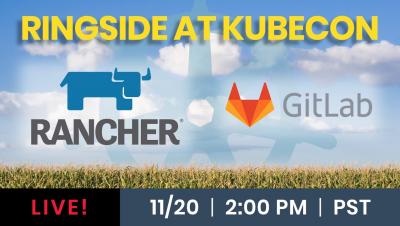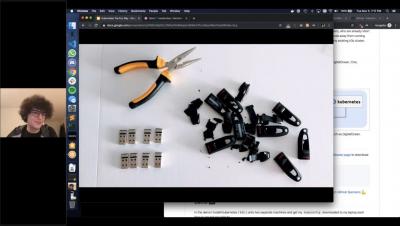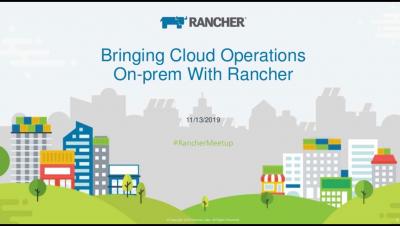Operations | Monitoring | ITSM | DevOps | Cloud
November 2019
Rio: Revolutionizing the Way You Deploy Applications
This week at KubeCon in San Diego, Rancher Labs announced the beta of Rio, the application deployment engine for Kubernetes. Originally announced in May of this year, the latest release is version v0.6.0. Rio combines several cloud-native technologies to simplify the process of taking code from the developer’s workstation to the production environment, while ensuring a robust and secure code deployment experience.
Why K3s Is the Future of Kubernetes at the Edge
By next year the number of connected devices will exceed 20 billion. The vast majority of these devices run on Arm architecture, increasingly at the infrastructure edge. With this growth in mind, the need for an agile, Arm-based development methodology has become increasingly urgent. Arm Neoverse provides the required IP for building the next gen of edge to cloud infrastructure to support the data explosion we are seeing, primarily caused by IoT.
Kubernetes The Fun Way: Bootstrap a full featured portable K3s cluster
Bring Cloud Operations On Prem with Rancher
Rancher Labs Industry Survey Shows Rapid Adoption of Containers and Kubernetes, But Challenges Remain
To get an accurate picture of the current state of Kubernetes deployments, Rancher Labs recently conducted an industry survey that included 1,106 respondents from large and small enterprises across a broad range of more than 25 industries, including technology, financial services, telecom, education, government and healthcare. The respondents were almost evenly split among EMEA and North America and included both Rancher and non-Rancher users.
Upgrading Kubernetes Without Upgrading Rancher
Prior to version 2.3, new versions of Kubernetes came out with point releases of Rancher and required an upgrade to Rancher before they were made available for use. Rancher 2.3 changes that pattern and now makes it possible to update the metadata store for available Kubernetes versions, disconnecting the Rancher server upgrade process from the Kubernetes cluster upgrade process.








